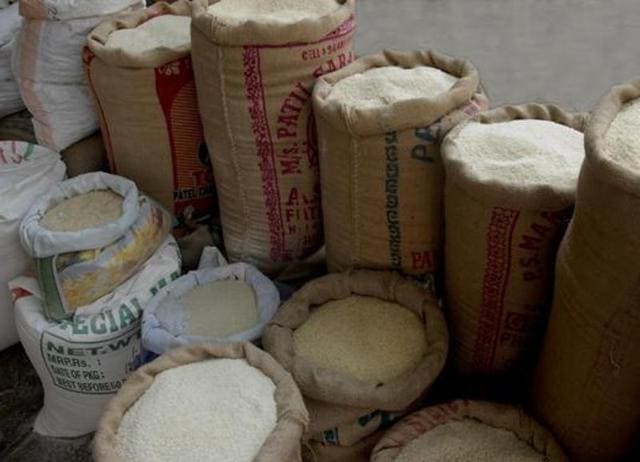Punjab’s move to reimpose taxes on basmati procurement upsets traders
The Punjab government’s decision to reimpose 7% taxes on basmati procurement has not gone down well with traders.
The Punjab government’s decision to reimpose 7% taxes on basmati procurement has not gone down well with traders.

The taxes being collected by the state mandi board with effect from October 1 include 2% market fee, 2% rural development fund and 3% Punjab infrastructure development fund (PIDF). Traders say this move has made things worse for the rice industry in the state, which is already passing through an unprecedented phase of decline.
Ravinder Singh Cheema, vice-chairman of the Punjab Mandi Board, said the government had no option but to reimpose the taxes as about 80% of the crop coming in the mandis of Tarn Taran, Ferozepur, Gurdaspur and Amritsar during the kharif marketing season was basmati, adding that the tax waiver meant no income for the market committees. “We want to support our local offices also,” Cheema added.
The mandi board supervises the procurement of foodgrains in more than 1,700 grain markets of the state. The revenue generated from procurement is used on rural development and the upkeep of mandis.
According to top government functionaries, the tax waiver had led to a benefit of Rs 1,000 per quintal, but it was favouring importers, especially from Gulf countries, who purchased basmati from Punjab traders.
However, the waiver of 5% purchase tax would continue. Also, the waiver of 2% market fee, 2% rural development fund and 3% PIDF would continue for mega projects in which Rs 10 crore or more have been invested in rice shelling and processing mills. There are 15 such set-ups in Punjab which shell and trade about 25% of the basmati.
Ashok Sethi, director, Punjab Rice Millers and Exporters Association, said the 1509 variety of basmati had poor cooking quality and higher percentage of breakage, leading to near-boycott of this variety. “We tried to convince farmers, but they failed to understand that the industry was not in favour of the 1509 variety after its failure during the 2014-15 kharif season,” he added.
In the current season, a total of 7-8 lakh tonnes of the 1509 variety have arrived in mandis of the state so far. The prices of this variety fell to Rs 1,200-1,300 per quintal, forcing the government to offer minimum support price of Rs 1,450 per quintal on paddy.
Sethi said the export policy announced by the central government recently had not enthused the rice industry and its failure to issue a notification to allow 3% interest benefit on export bank limits, after its lapse for more than 15 months, had got the thumbs-down from exporters.
He demanded that the state government and the Centre protect the agro processing industry in Punjab by offering concessions and incentives through the bailout package and reduced bank lending.




